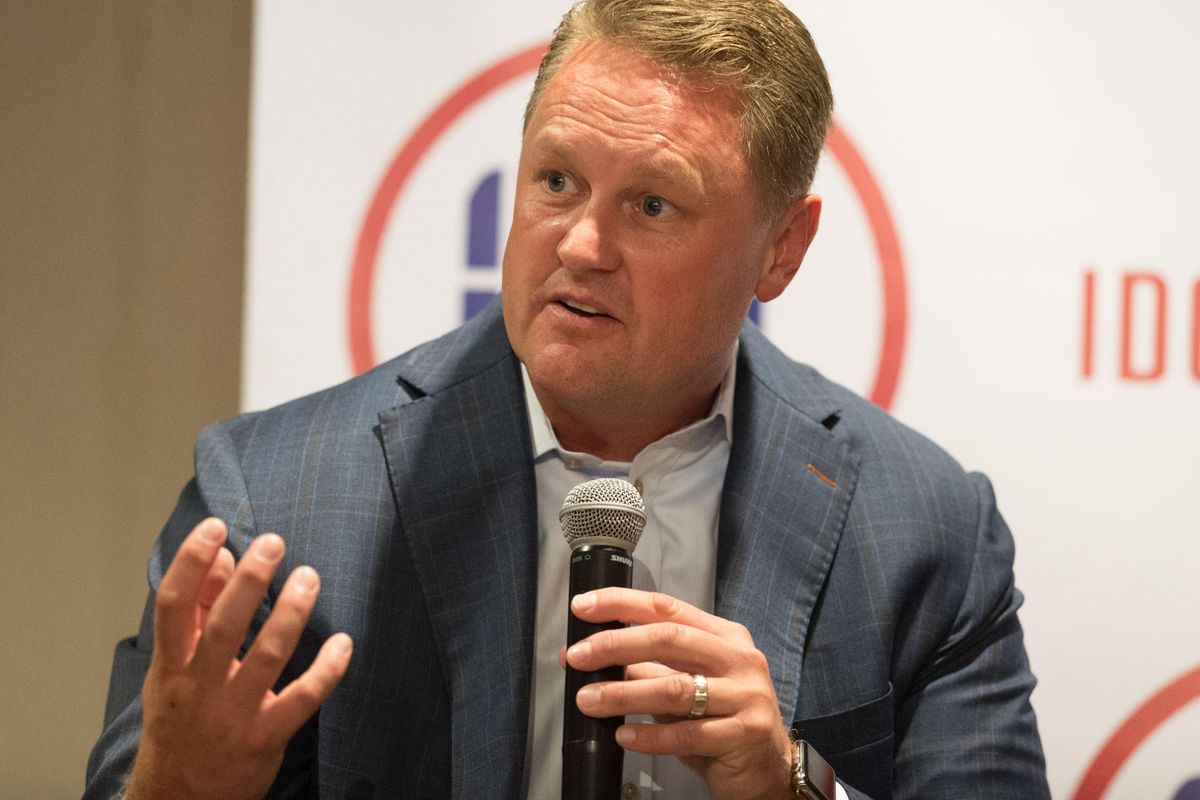Idaho GOP drops ‘loyalty pledge’ proposal for new candidates

COUER D’ALENE – The Idaho Republican Party quashed a proposal Friday that would have required Republican candidates in the state to declare their commitment to upholding the state party platform, a requirement some said amounted to a loyalty oath.
During the summer session of the Idaho GOP’s Standing Rules Committee, Bonneville County Chairman Doyle Beck, who introduced the measure, said his county has struggled with what he described as Democrats running as Republican candidates.
“We’ve had a problem in Bonneville County for as long as I can remember,” he said.
Beck said that the Bonneville County Republicans currently use the proposed process to verify a candidate’s beliefs, to which he has attributed the refusal of some liberal Republican candidates to run in Republican primaries.
Additionally, Beck denied that the new rule would constitute a loyalty oath, though several members of the committee continued to use that term to describe it during discussions.
“Some of my liberal friends in the press, and some of my liberal friends even in the party, may refer to this as the loyalty oath. This is not a loyalty oath,” Beck said.
Several members of the Rules Committee voiced their opposition to such a measure, citing reasons both political and logistical.
Bannock County Chairman Lance Kolbet said that while his county came “within a breath” of electing a candidate whom they believed to secretly be a Democrat, it was because his county party failed to do its homework, he said. By instituting a measure like the one proposed, he said, it would put the party at risk of “getting a black eye” by giving their seal of approval to candidates who can’t necessarily be vetted thoroughly.
“Any kind of loyalty oath in the hands of an honest man is pointless,” Kootenai County Chairman Brent Regan said, to laughter from the committee. “In the hands of a liar, meaningless.”
But Regan emphasized that regardless of any oath, the Republican Party has a vested interest in protecting the integrity of its brand. While the party may lack the resources to monitor candidates and take steps to punish those who seemingly fail to uphold the party’s platform, it necessarily has a duty to do so for any candidate “who carries an R by their name,” he said.
Twin Falls County Prosecutor Grant Loebs and John Duvall, the Washington County chairman and Rules Committee vice chair, both said they’ve seen loyalty oaths proposed in committee for years and that they always fail for the same reasons.
Apart from the difficulty of amassing the resources to investigate candidates and punish those thought to be unfaithful to the party platform in the press, a loyalty oath serves to do little beside provide Democratic opponents with ammunition, said Loebs.
After the committee failed to pass the rule change, former Idaho Republican Party Chair Trent Clark suggested that in the future, proposers like Doyle Beck “bring a carrot, not a stick” in trying to support candidates who will uphold the party platform.